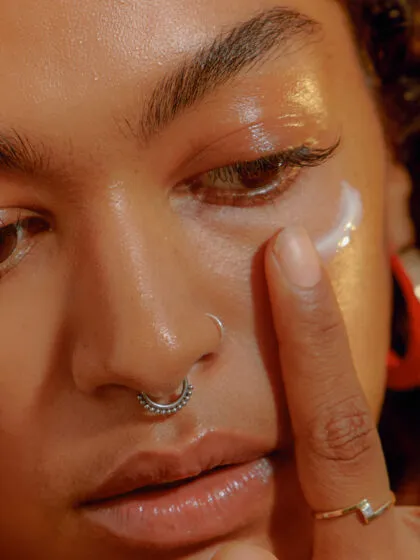Ingredient-Conscious Beauty: Why Paying Attention To Labels Pays Off
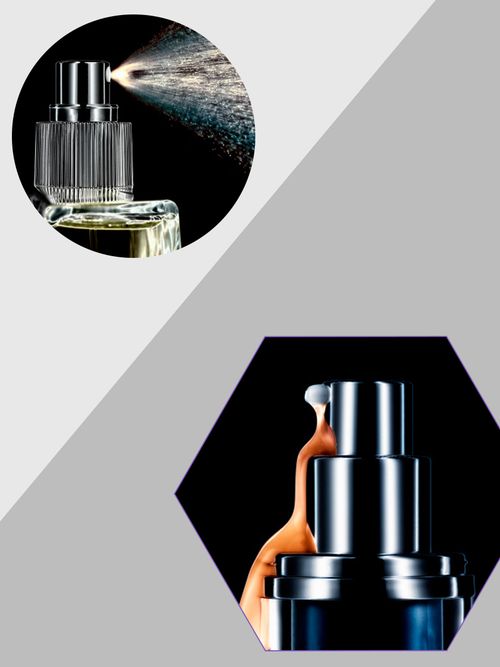
We spend so much time scrutinizing the ingredients in our favorite foods, yet when it comes to beauty labels, we tend to look the other way. But just like the things you put inside your body affect your overall health, so do the things you put on it. Your skin absorbs up to 60% of a product, so shouldn’t it pay to know what’s in your moisturizer and shampoo too?
Currently there’s no unifying definition of “natural” beauty. And with so many different ways to define it, finding the right beauty products can be tricky.
So, if you want to be more conscious but don’t necessarily know where to start, we suggest getting to know the key ingredients that should concern you the most. In addition to studies linking these to certain health risks, they’re also known to cause irritation and sensitivity.
A quick rundown ahead...
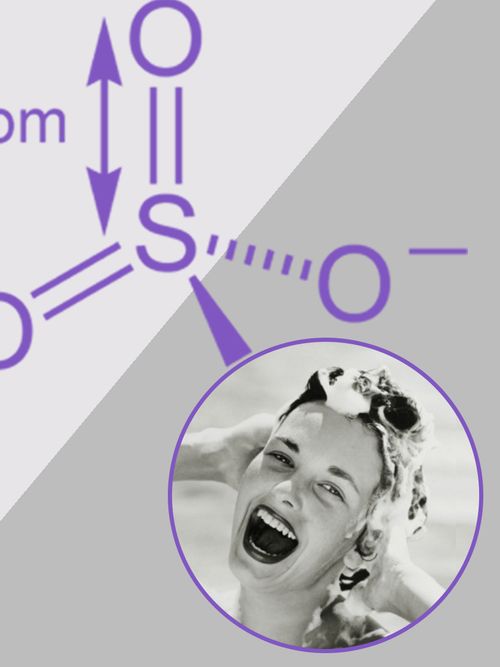
SULFATES
All sulfates essentially do the same thing, which is to act as a foaming agent in products like shampoo and soap. You’ll commonly see sulfates listed on your product labels as either Sodium Lauryl Sulfate (SLS) or Sodium Laureth Sulfate (SLES). Aside from stripping your hair of its essential oils (and thus drying it out) for some people, they can be irritating to the scalp, gums, and skin.
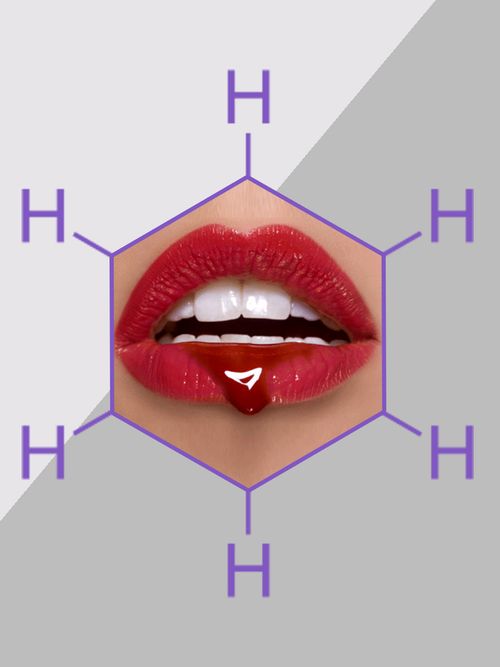
PETROCHEMICALS
Petrochemicals such as mineral oil, petroleum jelly, and liquid paraffin are made from crude oil and natural gas and are used in products like lipsticks, lubricants, and sunscreens to give them a smooth, softening quality. Some sources claim that they can cause irritations and hormonal disruptions, but the biggest concern surrounding petrochemicals is that they can generate 1,4-dioxane, a potentially toxic substance.
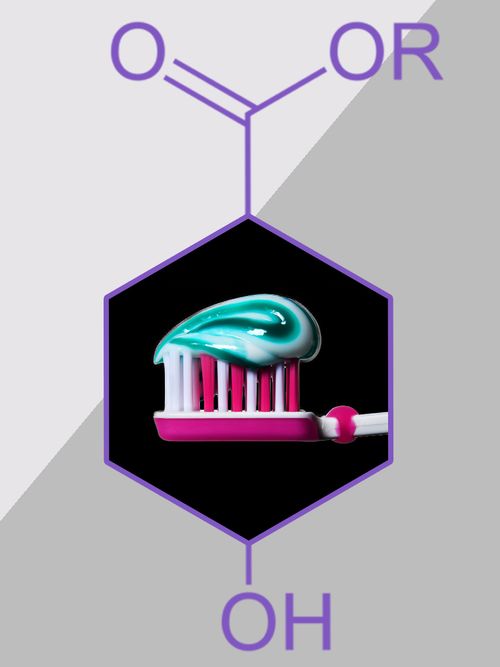
PARABENS
Parabens are synthetic preservatives that inhibit the growth of bacteria, fungus, and other microbes in makeup, skincare and even things like toothpaste. They’re easy to spot on labels because they end with the word paraben (ex: proplyparaben). While the FDA has determined that parabens are safe in cosmetics, some studies have shown that they are potential endocrine disruptors, which have been linked to developmental and reproductive issues.
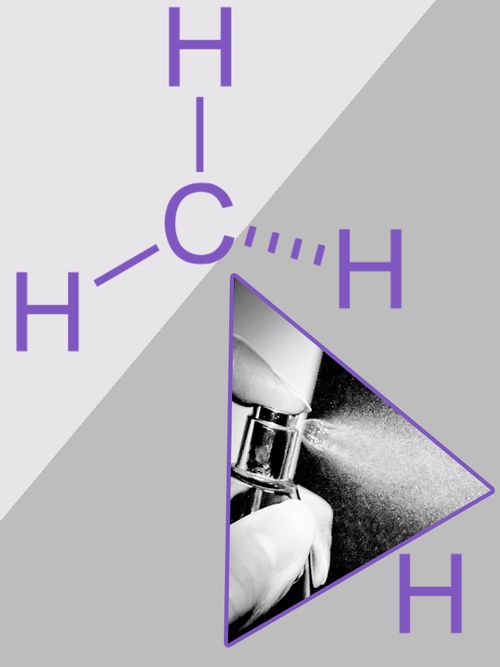
PHTHALATES
Phthalates are chemicals used in many beauty products — including hairspray, deodorant, nail polish, and perfume — to give them more holding power. Like Parabens, Phthalates are also potential endocrine disruptors, and have been associated with everything from asthma to allergies.


